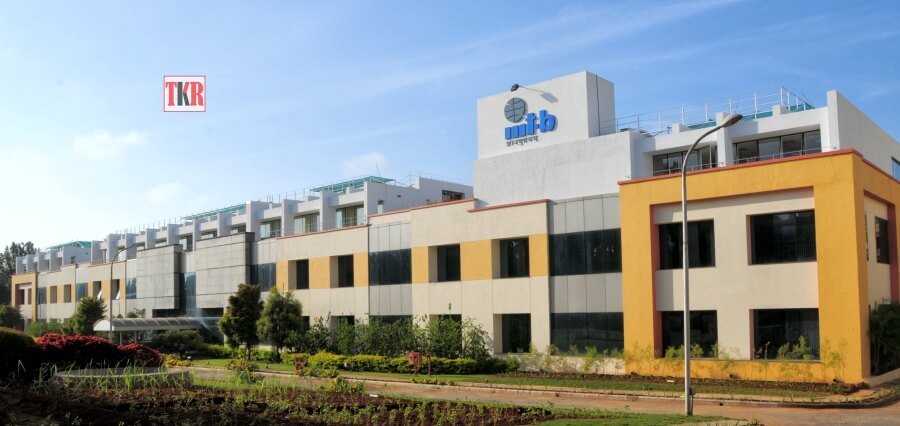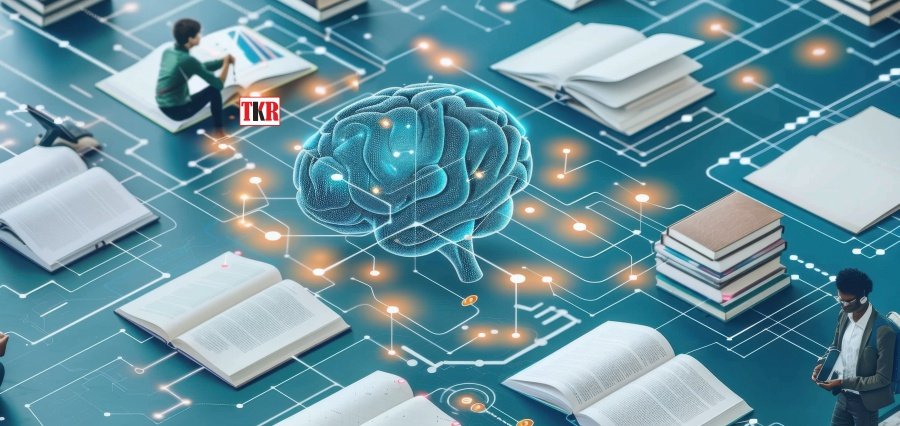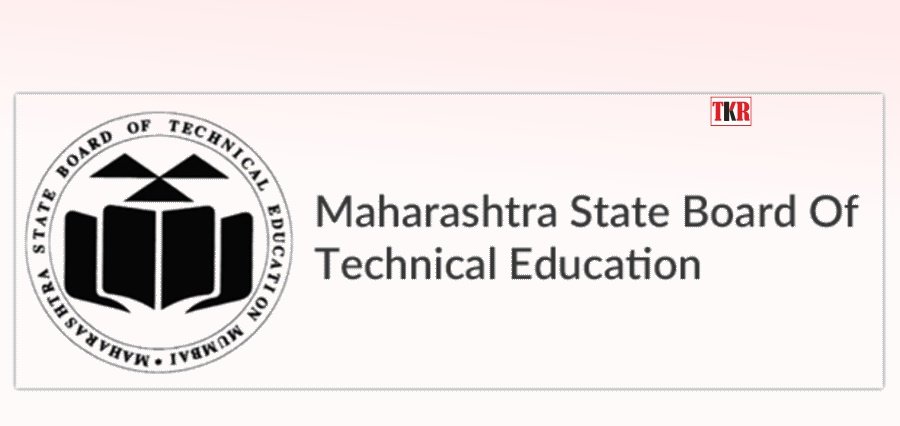The realm of Artificial Intelligence (AI) and Machine Learning (ML) has rapidly expanded over the past few decades, giving rise to groundbreaking innovations that are transforming industries and societies worldwide. Behind these advancements are pioneering Institutes dedicated to pushing the boundaries of AI research and education.
The AI and ML landscape is ever-evolving, with Institutes around the world driving innovation and technological progress. These institutions, known for their research contributions, educational programs, and collaborations with industry partners, continue to shape the future of AI. As the field continues to expand and new breakthroughs emerge, staying updated with the latest developments from these leading Institutes remains crucial for anyone invested in the world of artificial intelligence and machine learning.
International Institute of Information Technology Bangalore was one of the first Institutes in India to acknowledge this rapid expansion.
The Institute offers AI/ML as an “Area of Specialization” (among other specializations) to its iMTech and MTech students (in both ECE/CSE branches). This specialization requires the students to opt for a certain minimum number of elective courses from a set of bouquet courses offered by the faculty – such as “Topics in AGI,” “Reinforcement Learning,” “Visual Recognition,” “Advanced Visual Recognition and Rendering,” “Few-shot Learning,” “Self supervised Learning,” “Spatial Computing,” “Cognitive Science and its BCI Applications” and pre-requisites such as “Maths for Machine Learning” and “Machine Learning.”
Upgrading Essential Skills
The Institute offers Continuing Professional Education (CPE) programmes for working executives. These progammes are mainly developed for professionals to upgrade their skills or acquire new skills. It offers two types of certificate programmes: shorter duration (about six months) and longer duration (11-12 months) in mainly four areas, namely:
- Data Sciences
- Machine Learning/ Artificial Intelligence
- Software Development, and
- Cyber Security
The Institute is also in the process of offering a short-term programme in User Interface/ User Experience design and a longer-duration programme in Digital Product Engineering and Management. All the programmes are offered through the learning management system of preferred Technology Service Providers. The learners have the flexibility of learning from pre-recorded video lessons and also attend live online sessions conducted by IIIT-B faculty members.
Gearing Toward a Hands-On Approach
The faculty at the Institute with specializations related to AI/ML come from a wide background, such as Affective Computing, Machine Vision, Spatial Computing, Natural Language Processing, Web-sciences, Automatic Speech Recognition, Theoretical Computer Science, Control Systems, Robotics, Reinforcement Learning, etc.
In addition to the regular curriculum designed around classroom instructional mode, the Institute actively encourages students to take Reading Electives (RE), Project Electives (PE), 20-credit research projects (20C), Final year Thesis, Internships at industry/corporate R&Ds, etc. These are geared towards a hands-on approach to problem-solving with real-world data for applications defined around research programs/projects of faculty and industry. All students have the option to work on cutting-edge projects in any of the Institute’s several AI/ML centers like MINRO, CIET, etc.
The Institute has a multi-pronged/multi-faceted presence in AI/ML: for instance, it hosts several AI/ML-related Centres of Excellence and GoK-funded projects of large scales, such as MINRO (Machine Intelligence and Robotics), Data Lake, Sustainable Development Goals, Cognitive Computing, etc., which individually and together provide a large canvas for the faculty and students to define their problem spaces, have research funding, and foster interdisciplinary collaborative work.
The Institute supports and encourages individual Faculty to have their own captive access to computing resources (GPU machines) in addition to providing common computing access to GPU servers from various projects currently funded in AI/ML topics (e.g., MINRO, Mphasis. OpenStream) as well as cloud computing facilities (e.g., A100 GPU servers on cloud) – accessible by undergraduate, graduate and research students for both course-related activities and research activities.
Making the Curriculum Enriching
The Institute’s curriculum and research are by nature interdisciplinary, and the courses offered reflect this – in the form of several courses taught jointly by multiple faculties and enrolled by students across disciplines (e.g., ECE / CSE in iMTech, MTech, etc.). This, in addition to most of the courses having significant hands-on components, fosters the students to work together in small groups for projects, be it classroom projects or RE/PE, 20 credits, or Research (MS/Ph.D.) projects. Alongside this, the fact that all courses have student TAs makes the curriculum enriching for the students via interaction and provides a collaborative learning environment. Interestingly, faculty members who are deep into AI/ML research are the ones who offer courses for students, too.
Students carry out mandatory 6-month internships, mostly in reputed industries. Several companies looking for data science and AIML profiles visit the Institute. Owing to the high demand for students from the Institute, the median salary of students is one of the highest in the country. A majority of the master’s students specialize in AI/ML. They get placed in deep tech product companies in certain sectors, such as BFSI.
Maintaining Active Engagement
The Institute has an active engagement with students in the topics of NLP, Computer Vision, Robotics, hard-core Machine Learning topics, Automatic Speech Recognition, Spatial Computing, Reinforcement Learning, etc. – in the form of these subjects being taught as classroom electives and also offered as reading/project-electives.
Dr. Sunil Kumar Vuppala is the Director – Data Science Ericsson Global AI Accelerator (GAIA), Bangalore. He is featured as one of the top 10 data scientists in India for 2019 and Received the Top 40 Data Scientists under 40 in India (2019) award.
The Institute provides free “online” access to all the leading journals and conference proceedings in the field of AI/ML via subscriptions (e.g., IEEE, ACM, Elsevier journals and NeurIPS, NIPS, ICCV, ECCV, AAAI conferences, to name a few), which helps the students and faculty to keep abreast in their curriculum contents and research directions. In addition, the Institute promotes student travel to conferences to publish/present their work at National/International conferences, which keeps the students well informed of current trends and practices in their areas of specialization.
The Institute has highly productive interactions with various industry R&Ds (e.g., Mphasis, Accenture, Infosys, Samsung, Continental) and governmental funding agencies (e.g., DST, MeiTY, SERB, GoK), which provides a conducive learning environment for the students in the form of research funding, scholarships, exposure to state-of-the-art practices in R&D (e.g. students doing internships at industry R&Ds during their final iMTech/MTech terms).
Honing Ideal Professionals
Apart from its courses having significant hands-on components, which help the students to carry out several projects, all of its students undergo a semester of placement preparation. During this period, they undergo training to write impactful CVs and crack technical interviews. Several of its alumni volunteer to conduct mock interviews. The Institute also provides soft-skill training for students who are in need. Students are also given access to a large section of online courses.
Primarily, the AI/ML “specialization” is open to all iMTech/MTech students in both branches (ECE/CSE) and MS/Ph.D. students with prerequisites depending on the individual courses and faculty offerings (RE/PE/20- credits/Research credits). Minimal prerequisites range from the basics of probability theory and linear algebra to specific computing languages and exposure to base electives such as Maths-for-ML and ML.





